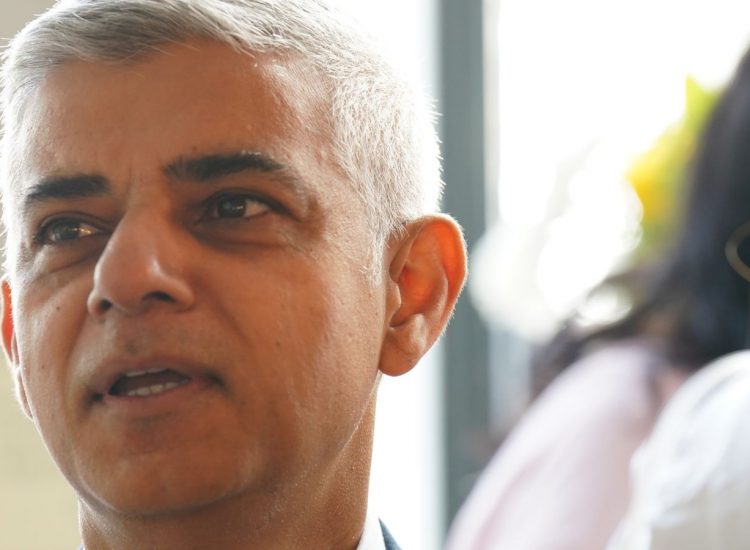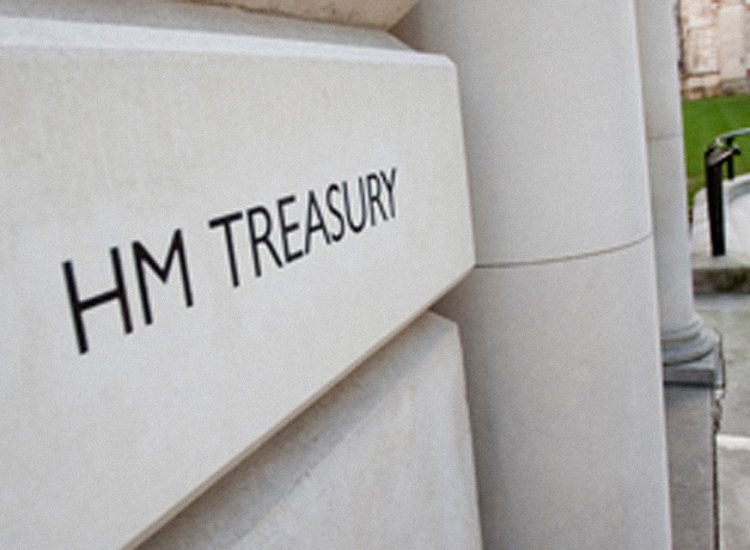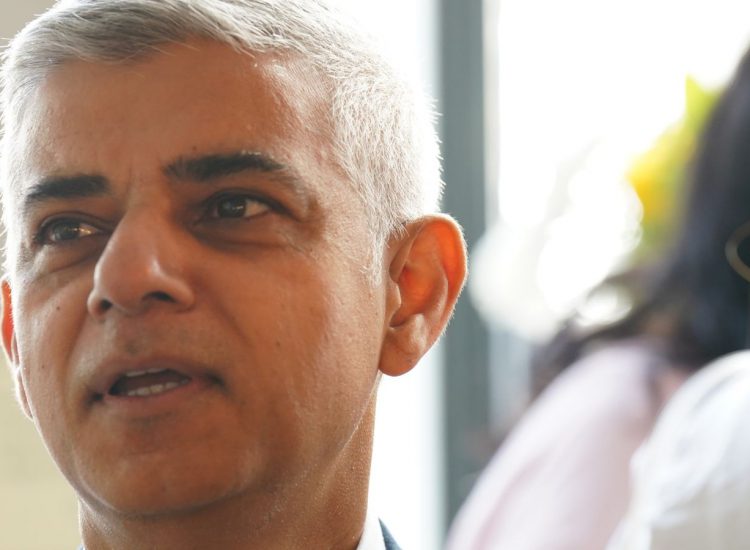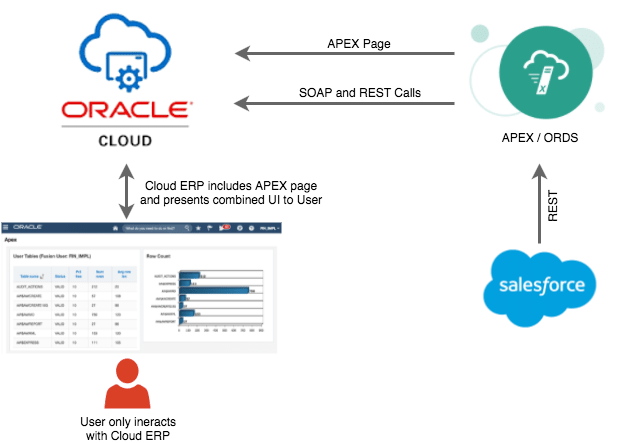Tech fell sharply within the US yesterday, whereas defensives akin to healthcare and utilities rose together with power and financials as yields climbed. The S&P 500 completed decrease by virtually 0.7 per cent, however the Dow’s ninth straight up day is the most effective run since 2017. The Nasdaq 100 had a giant down day, falling 2.3 per cent, as tech took a beating, with Tesla down 10 per cent and Netflix down 8 per cent on earnings. An out-of-cycle rebalance designed to scale back the weightings of the biggest names within the index will add gas to a spiky choices expiry day as we speak – estimates counsel about $2.4tn notional tied to US fairness choices.
Why rebalance? Nvidia, Microsoft, Alphabet, Amazon, Apple and Tesla have risen by a mean 60 per cent 12 months up to now and now make up half of the Nasdaq 100. Nvidia will go from 7.3 per cent of the index to 4.3 per cent; Microsoft from 12.7 per cent to 9.8 per cent, and so forth. In all, it can guarantee these six shares don’t make up greater than 40 per cent of the Nasdaq 100. I don’t assume it quantities to a hill of beans – the Nasdaq is already a form of bizarre tech bubble measure. However a living proof – the Nasdaq 100 equal weight index declined by round half the quantity the market cap weighted index did yesterday.
European shares traded in sloppy trend early on Friday after a moderately combined bag in Asia in a single day. The FTSE 100 prolonged the run away from the 200-day easy transferring common (SMA) at 7,565 and tried to push above the 100-day line and yesterday’s shut at 7,645, however some respectable early features have been rapidly pared again. Frankfurt was decrease as SAP lowered its cloud income forecast, Paris fell as Thales declined regardless of lifting its full-year forecast. The Stoxx 600 index had closed at a one-month excessive on Thursday, led by miners, banks and healthcare.
UK knowledge seems to be like a combined bag this morning with retail gross sales unexpectedly robust concurrently shopper confidence tumbles. Retail gross sales rose 0.7 per cent from Might to June, forward of the 0.2 per cent rise anticipated. Keep in mind inflation – volumes have nonetheless not recovered to the pre-pandemic stage. Hardly a surprise then that confidence is shaky; GfK’s shopper confidence index fell 6 factors to -30. Having improved over the primary six months of the 12 months, sentiment is beginning to run into the actual world of inflation and mortgage charges.
Related articles:
- https://bargame.xyz/former-telegraph-homeowners-take-supply-of-bids-for-parcel-group-yodel-3/
- https://bargame.xyz/prime-5-penny-shares-with-rising-promoter-holding-right-heres-a-watchlist/
- https://bargame.xyz/purchase-or-sell_-sumeet-bagadia-recommends-three-shares-to-purchase-subsequent-week-do-you-have-to-buy_/
- https://bargame.xyz/im-not-ready-for-the-following-inventory-market-crash-to-purchase-low-cost-uk-shares/
- https://bargame.xyz/new-york-is-now-accepting-functions-for-marijuana-farmers-markets/
Ongoing labour market tightness within the US helped push yields greater, with the 2-year Treasury again to 4.85 per cent, having been near 4.7 per cent on Wednesday, and 10-year at 3.86 per cent from beneath 3.75 per cent… bear flattening? Preliminary jobless claims declined to 228,000, the bottom stage in two months. The Philly Fed manufacturing index was much less sturdy, however according to expectations, with basic exercise little modified at a studying of -13.5, the eleventh consecutive destructive studying.
Firmer Treasury yields lifted the greenback, with Dixie again away from 100 and testing our outdated help space at 100.70. The yen was a bit shakier as knowledge confirmed inflation picked up once more in Japan – core rose to three.3 per cent, whereas “core-core” inched a tiny bit decrease to 4.2 per cent from the 41-year excessive of 4.3 per cent. The info may see the BoJ revise up its inflation forecast when it meets subsequent week, nevertheless it appears unlikely that it’s going to transfer on adjusting yield curve management simply but. The chance for normalising coverage could also be behind us already.
The Dealer is written by Neil Wilson, chief market analyst at Finalto

















